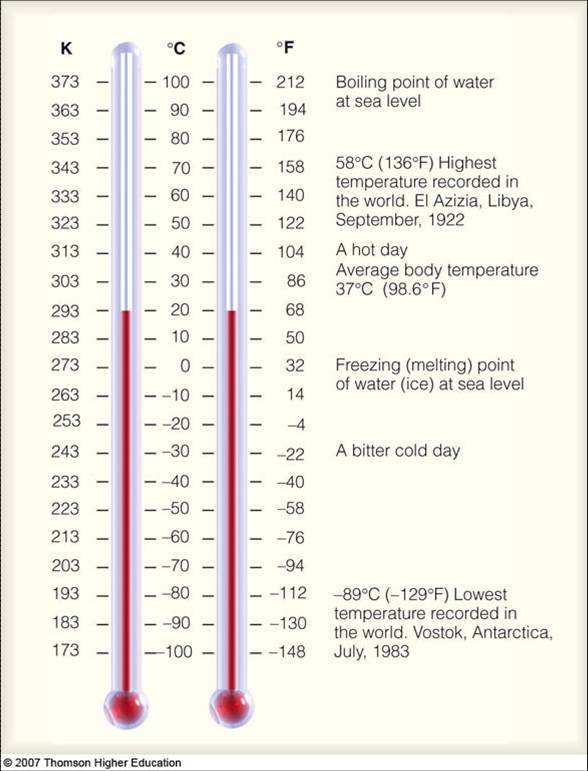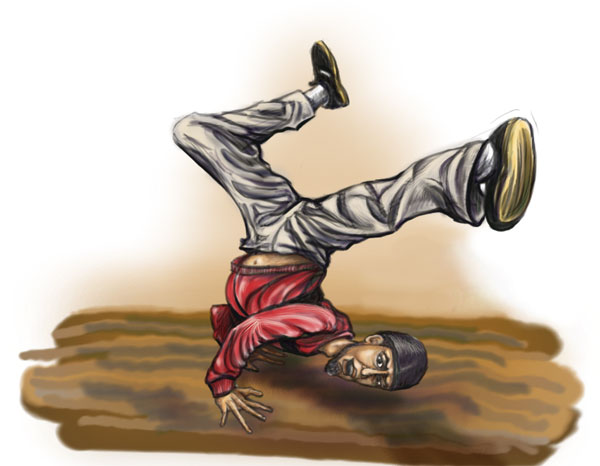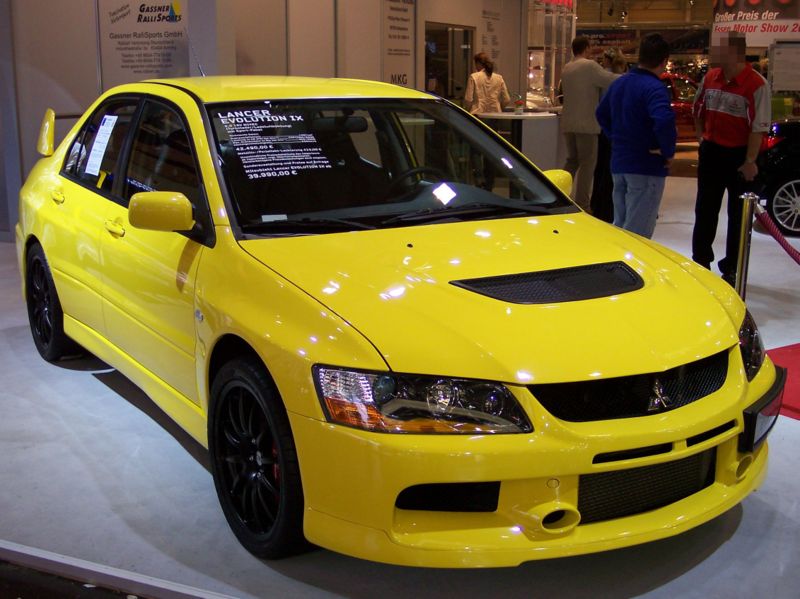Monday, May 24, 2010
View Olsen Feildtrip in a larger map
I didnt go on this feild trip but i heard that is was a lot of fun. That day i went to the doctors so i didnt know what we did in calss. the worksheet he gave tp us we had to draw things that we saw on the feild trip but i didnt go so i just drew random animals insects, etc
Tuesday, May 18, 2010
Converting Celcius to Kelvin
History
Celsius (known until 1948 as centigrade) is a temperature scale that is named after the Swedish astronomer Anders Celsius (1701–1744), who developed a similar temperature scale two years before his death. The degree Celsius (°C) can refer to a specific temperature on the Celsius scale as well as a unit to indicate a temperature interval (a difference between two temperatures or an uncertainty).
From 1744 until 1954, 0 °C was defined as the freezing point of water and 100 °C was defined as the boiling point of water, both at a pressure of one standard atmosphere.[citation needed] Although these defining correlations are commonly taught in schools today, by international agreement the unit "degree Celsius" and the Celsius scale are currently defined by two different points: absolute zero, and the triple point of VSMOW (specially prepared water). This definition also precisely relates the Celsius scale to the Kelvin scale, which defines the SI base unit of thermodynamic temperature (symbol: K). Absolute zero, the hypothetical but unattainable temperature at which matter exhibits zero entropy, is defined as being precisely 0 K and −273.15 °C. The temperature value of the triple point of water is defined as being precisely 273.16 K and 0.01 °C.[1]
This definition fixes the magnitude of both the degree Celsius and the kelvin as precisely 1 part in 273.16 parts, the difference between absolute zero and the triple point of water. Thus, it sets the magnitude of one degree Celsius and that of one kelvin as exactly the same. Additionally, it establishes the difference between the two scales' null points as being precisely 273.15 degrees Celsius (−273.15 °C = 0 K and 0 °C = 273.15 K).[2]

Coverting Celsius To Kelvin
Degrees C +273 = degrees in Kelvin
1848
Lord Kelvin (William Thomson), wrote in his paper, On an Absolute Thermometric Scale, of the need for a scale whereby "infinite cold" (absolute zero) was the scale’s null point, and which used the degree Celsius for its unit increment. Thomson calculated that absolute zero was equivalent to −273 °C on the air thermometers of the time.[1] This absolute scale is known today as the Kelvin thermodynamic temperature scale. Thomson’s value of "−273" was the reciprocal of 0.00366 - the accepted expansion coefficient of gas per degree Celsius relative to the ice point, giving a remarkable consistency to the currently accepted value
Kelvin
The kelvin (symbol: K) is a unit increment of temperature and is one of the seven SI base units. The Kelvin scale is a thermodynamic (absolute) temperature scale referenced to absolute zero, the theoretical absence of all thermal energy. By definition it is zero kelvin (0 K). The secondary reference point on the Kelvin scale is the triple point of water (0.01 degrees Celsius). The Kelvin scale is the difference between these two reference points, with the kelvin defined as one 273.16th of this scale. The Kelvin scale and the kelvin are named after the Belfast-born physicist and engineer William Thomson, 1st Baron Kelvin (1824–1907), who wrote of the need for an "absolute thermometric scale". Unlike the degree Fahrenheit and degree Celsius, the kelvin is not referred to as a "degree", nor is it typeset with a degree symbol; that is, it is written K and not °K. The kelvin and the degree Celsius are often used together, as they have the same interval, and 0 kelvin is −273.15 degrees Celsius
Lord Kelvin (William Thomson), wrote in his paper, On an Absolute Thermometric Scale, of the need for a scale whereby "infinite cold" (absolute zero) was the scale’s null point, and which used the degree Celsius for its unit increment. Thomson calculated that absolute zero was equivalent to −273 °C on the air thermometers of the time.[1] This absolute scale is known today as the Kelvin thermodynamic temperature scale. Thomson’s value of "−273" was the reciprocal of 0.00366 - the accepted expansion coefficient of gas per degree Celsius relative to the ice point, giving a remarkable consistency to the currently accepted value
Kelvin
The kelvin (symbol: K) is a unit increment of temperature and is one of the seven SI base units. The Kelvin scale is a thermodynamic (absolute) temperature scale referenced to absolute zero, the theoretical absence of all thermal energy. By definition it is zero kelvin (0 K). The secondary reference point on the Kelvin scale is the triple point of water (0.01 degrees Celsius). The Kelvin scale is the difference between these two reference points, with the kelvin defined as one 273.16th of this scale. The Kelvin scale and the kelvin are named after the Belfast-born physicist and engineer William Thomson, 1st Baron Kelvin (1824–1907), who wrote of the need for an "absolute thermometric scale". Unlike the degree Fahrenheit and degree Celsius, the kelvin is not referred to as a "degree", nor is it typeset with a degree symbol; that is, it is written K and not °K. The kelvin and the degree Celsius are often used together, as they have the same interval, and 0 kelvin is −273.15 degrees Celsius
Celsius
Celsius (known until 1948 as centigrade) is a temperature scale that is named after the Swedish astronomer Anders Celsius (1701–1744), who developed a similar temperature scale two years before his death. The degree Celsius (°C) can refer to a specific temperature on the Celsius scale as well as a unit to indicate a temperature interval (a difference between two temperatures or an uncertainty).
From 1744 until 1954, 0 °C was defined as the freezing point of water and 100 °C was defined as the boiling point of water, both at a pressure of one standard atmosphere.[citation needed] Although these defining correlations are commonly taught in schools today, by international agreement the unit "degree Celsius" and the Celsius scale are currently defined by two different points: absolute zero, and the triple point of VSMOW (specially prepared water). This definition also precisely relates the Celsius scale to the Kelvin scale, which defines the SI base unit of thermodynamic temperature (symbol: K). Absolute zero, the hypothetical but unattainable temperature at which matter exhibits zero entropy, is defined as being precisely 0 K and −273.15 °C. The temperature value of the triple point of water is defined as being precisely 273.16 K and 0.01 °C.[1]
This definition fixes the magnitude of both the degree Celsius and the kelvin as precisely 1 part in 273.16 parts, the difference between absolute zero and the triple point of water. Thus, it sets the magnitude of one degree Celsius and that of one kelvin as exactly the same. Additionally, it establishes the difference between the two scales' null points as being precisely 273.15 degrees Celsius (−273.15 °C = 0 K and 0 °C = 273.15 K).[2]

Coverting Celsius To Kelvin
Degrees C +273 = degrees in Kelvin
30 C + 273 = 303 K
0 K - 273 = -273 C (absolute Zero0
Friday, March 26, 2010
Presenter

The presenter was pretty funny. He made a lot of jokes and stuff. I also Likeall the labs he did. I got to volunteer. I did the crushed canand it kindof scared me. It was fun at the same time though. The whole thing was pretty cool. I lked how the water turned into ice out of no where. YEEEE that's pretty much it.
My car.

I have been trying to buy my car still. I am half way there. My car coust about $5000 but i want to supe it up. Taht will cost a lot of money thought. Another 5 thousand but when i get a jb this summer i think i will be able to buy my car and some of the things i want to put on it. /hopefully by senior year im done with my project car. Hopefull it looks something like the picture....
Bboying.

Bboying is going okay for me I dont really have anytime to bboy but i try to whenever i can. And i also dont ahve anyroomin my house to bboy. If i triedi think i would break something. Thats why i dont bboy at home. the only timei bboy is atschool. or whenever my friends go to Del Ray. Which is a bboy session where bboys around the area meet up and bboy together. I ahvent been there for a while but i used to go all the time itspretty fun. I usually stay there until 11 or12 but i havnt been there lately i would want to go soon.
Test
The test was on hear and energy. I thought i did okay. But i got a d+ a 69. something.
Almost a c minus. I didn't really study for it. I wonder what i would have got if i had studied.
I thn i would have got a b if i studied but im to lazy to study. At school I do work but i never do anything at home because i dont feel like doing anything else. I don't know why i just dont like doing work athome i can never contrinstrate. Well thats what i though about the test kind of hard but if i studied it wouldnt have been
Almost a c minus. I didn't really study for it. I wonder what i would have got if i had studied.
I thn i would have got a b if i studied but im to lazy to study. At school I do work but i never do anything at home because i dont feel like doing anything else. I don't know why i just dont like doing work athome i can never contrinstrate. Well thats what i though about the test kind of hard but if i studied it wouldnt have been
Thursday, March 11, 2010
My name is marcus Matilla. I love cars. but got no money. PLEASE  DONATE~!!!!!♥♥♥♥♥♥☻☺♦♣♦•◘○7•◘8◘
DONATE~!!!!!♥♥♥♥♥♥☻☺♦♣♦•◘○7•◘8◘
I got my permit and im trying to savve for a car.
I am about 3 thousand away from gettting my car.
Hoopefully i will get it before summer ends. The car
i want to get is either a MR2 spyder or a '93 spyder.
Uhmm if i get a mr2 spyder i would put a better engine
in it but if i get a mr2 i would get a g2 engine and turbo
but i dont really know yet still debating
I got my permit and im trying to savve for a car.
I am about 3 thousand away from gettting my car.
Hoopefully i will get it before summer ends. The car
i want to get is either a MR2 spyder or a '93 spyder.
Uhmm if i get a mr2 spyder i would put a better engine
in it but if i get a mr2 i would get a g2 engine and turbo
but i dont really know yet still debating
Friday, February 12, 2010
Rally.

Today's rally was pretty cool.
I liked all the dance groups because I am a dancer my self.
I lvve you bboy its what i do. But i havnt bboyed in a long time because i lost my speakers and I cant really bboy without music but mainly do trickes now like flares flips and stuff like that.
Academy of villians were there today it was cool. I liked the bboys mostly but the popping was very legit. Very persiced when they hit the beats. A guy triedto do an airflare buy failed.
Yeah tpretty much that's it.
I lost my speakers.

I lost my speakers....
I'm so mad now i cant bboy at lunch anymore.
And I dont have time for it but whatever i guess ill buy a new one.
Hopefully it comes up so i dont ahve to buy another one.
It was like 40 bucks man dang....
If somone stole it would be hella mad.
Oxidation of Magnesium.

We Did a lab yesterday that invlovles oxidizing Magnesium.
First we had to measure crussible's weight and it wasnt that have about 22g
Then we had to do a alot of math that invlovded measuring a lot of substances.
Then we burned the the magnesium and waited for a long time until it was oxidzed.
Then we meassured it again and fond out how much we were off by
My brother got an evo

Breh My breh got an evo. A lancer Evolution
Its so nice and comfortable in. I ride it everyday now.
my brotehr got it for hios birthday and graduation gift. I wish I got a car
But im going to get my liscence soon and get my own 93 Mr2 with a g2
engince and trubo installed already. Hopefully i get my car soon. :D
Solutons PH test
The test was pretty hard i thought i failed but i actuallly
Passed with a c. There was a lot math invlovled mostly
algebra. That's the only reason why i passed i think because
I am very good at math im just lazy to do it. I wishh i did better.
But atleast i passed. Right?
Passed with a c. There was a lot math invlovled mostly
algebra. That's the only reason why i passed i think because
I am very good at math im just lazy to do it. I wishh i did better.
But atleast i passed. Right?
Thursday, January 7, 2010
LIKE dissolves LIKE
Dissolving is when a solute breaks down in a solvent.
A polar solvent dissolves a polar substance such as oil
and a nonpolar solvent dissolves a nonpolar substance
such as water. A polar solvent cannot dissolve a nonpolar
substance and a nonpolar solvent cannot dissolve a polar
substance.

A polar solvent dissolves a polar substance such as oil
and a nonpolar solvent dissolves a nonpolar substance
such as water. A polar solvent cannot dissolve a nonpolar
substance and a nonpolar solvent cannot dissolve a polar
substance.

Subscribe to:
Comments (Atom)